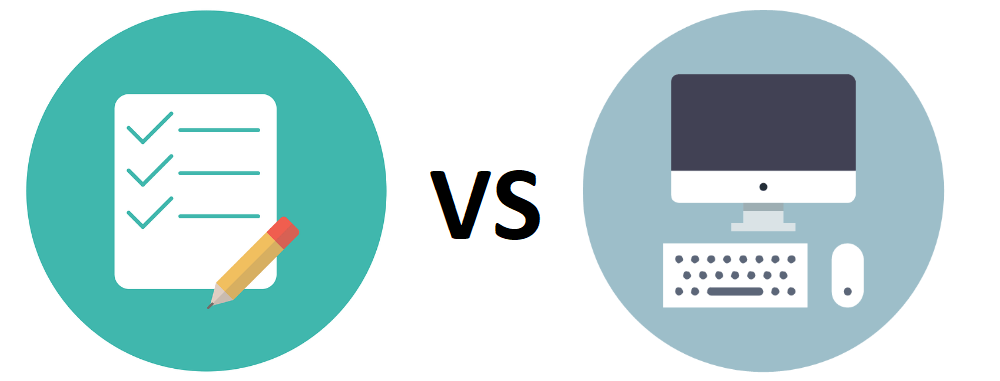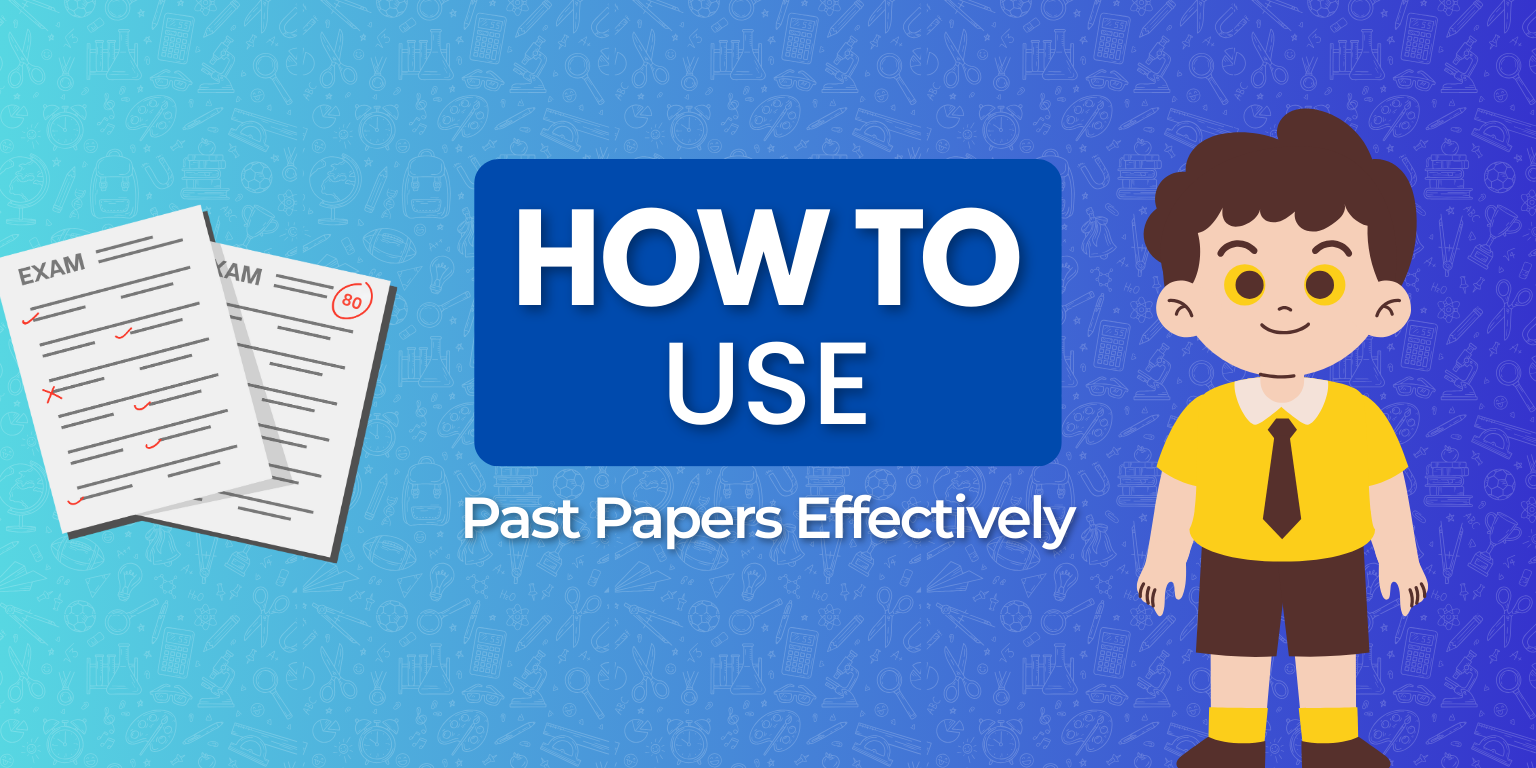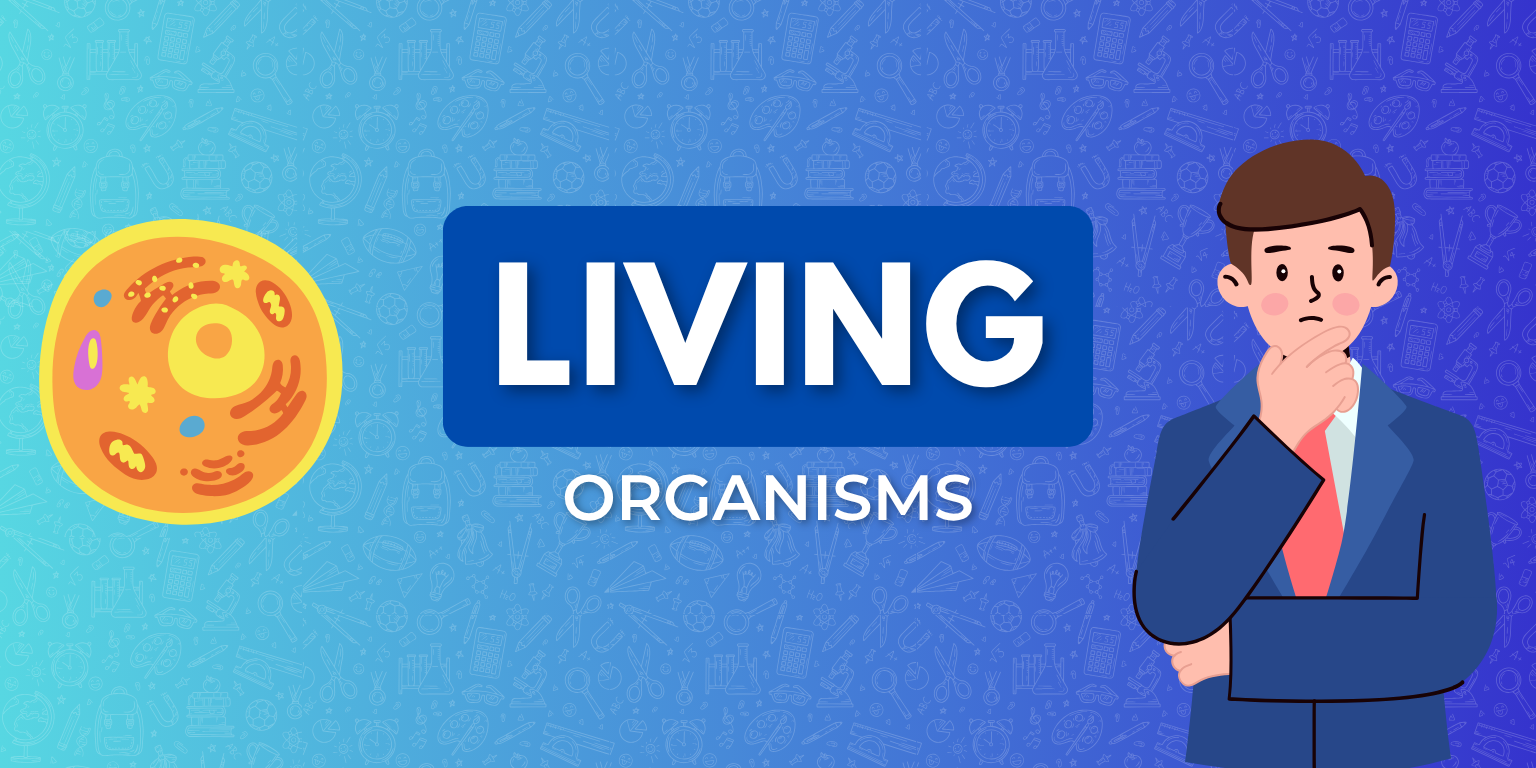If you’re planning to take the IELTS test, you might wonder whether to take it on paper or on a computer. In this blog, we will compare IELTS on Paper vs Computer to help you choose the best option.
What Is IELTS on Paper?
IELTS on paper means you read, write, and listen using paper and pen. The speaking part is still face-to-face.
Key Features:
- Writing answers by hand
- Listening using paper and headphones
- Reading from printed sheets
- Speaking test with an examiner
- Results in 13 days
What Is IELTS on Computer?
IELTS on computer means you use a computer for reading, writing, and listening. Speaking is still with a person.
Key Features:
- Typing answers on a computer
- Reading from a screen
- Using headphones for listening
- Speaking with an examiner
- Results in 3–5 days
IELTS on Paper vs Computer: Main Differences
Test Format
Both formats have the same sections:
- Listening
- Reading
- Writing
- Speaking
The difference is how you answer.
Test Environment
- Paper Test: Usually held in large rooms, more people.
- Computer Test: Often in smaller rooms with fewer test-takers.
Speed of Results
- Paper Test: Results in 13 days.
- Computer Test: Results in 3–5 days.
Writing Method
- Paper: Write with pen or pencil.
- Computer: Type on a keyboard.
Reading Method
- Paper: Read from a booklet.
- Computer: Read from a screen.
Listening Section
- Paper: You hear the recording once and write your answers on paper.
- Computer: You also hear the recording once but type answers directly on the screen.
IELTS on Paper vs Computer: Which Is Easier?
It depends on your comfort:
Choose IELTS on Paper if:
- You write faster by hand
- You’re not good at typing
- You like reading from paper
Choose IELTS on Computer if:
- You type quickly
- You prefer screens
- You want faster results
Test-Taking Tips for Both
- Practice with mock tests in your chosen format
- Improve typing if you choose computer
- Work on handwriting if you choose paper
- Use headphones while practicing listening
IELTS on Paper vs Computer: Benefits
Benefits of IELTS on Paper
- Great for students who write neatly
- Good for those who are slow at typing
- Easy to manage if you like paper format
Benefits of IELTS on Computer
- Faster results
- More test dates
- Less crowded environment
- Timer on screen helps manage time
Which IELTS Test Is Best for Me?
Consider the following:
- Are you more comfortable with pen and paper or a computer?
- Do you want your results quickly?
- Do you write or type faster?
- Do you get tired reading from screens?
Common Misconceptions
- Myth: Computer test is harder.
Truth: Both are the same in difficulty. - Myth: Computer test gives better scores.
Truth: Scoring is the same for both. - Myth: You must be tech-savvy for the computer test.
Truth: Basic computer skills are enough.
Conclusion
Choosing between IELTS on Paper vs Computer is about your comfort and needs. Both test types offer the same structure and scoring. Pick the one that feels right for you.
Read More IELTS VS TOEFL: Which Should You Choose?
FAQs
1. Is the IELTS computer test easier?
No, both versions have the same questions and difficulty.
2. Can I use a spell checker in the computer test?
No, the computer does not have a spell checker.
3. Will I speak to a person in both tests?
Yes, the speaking section is face-to-face in both formats.
4. Are both test formats accepted by universities?
Yes, both are accepted worldwide.
5. Can I switch formats after booking?
You need to contact the test center. It depends on availability.


